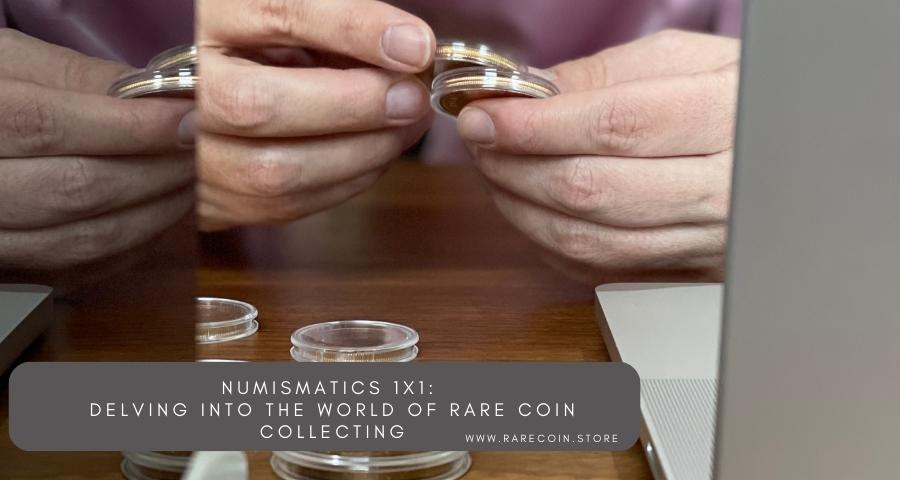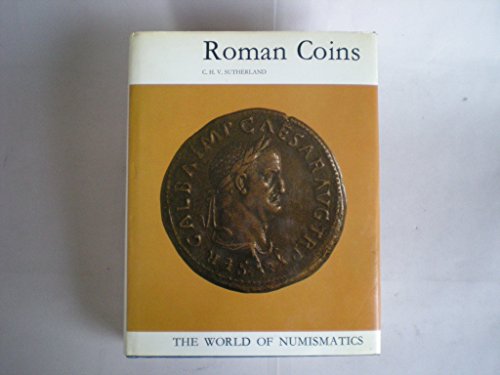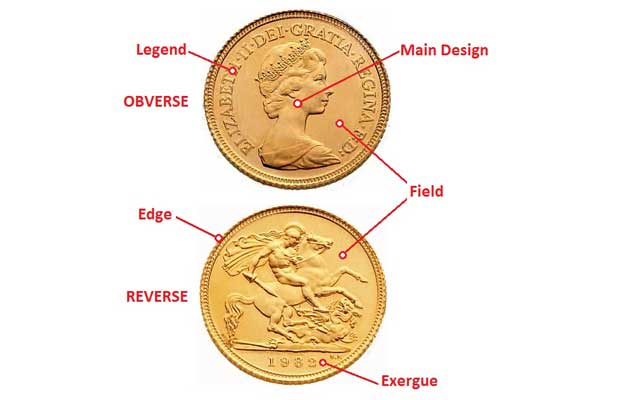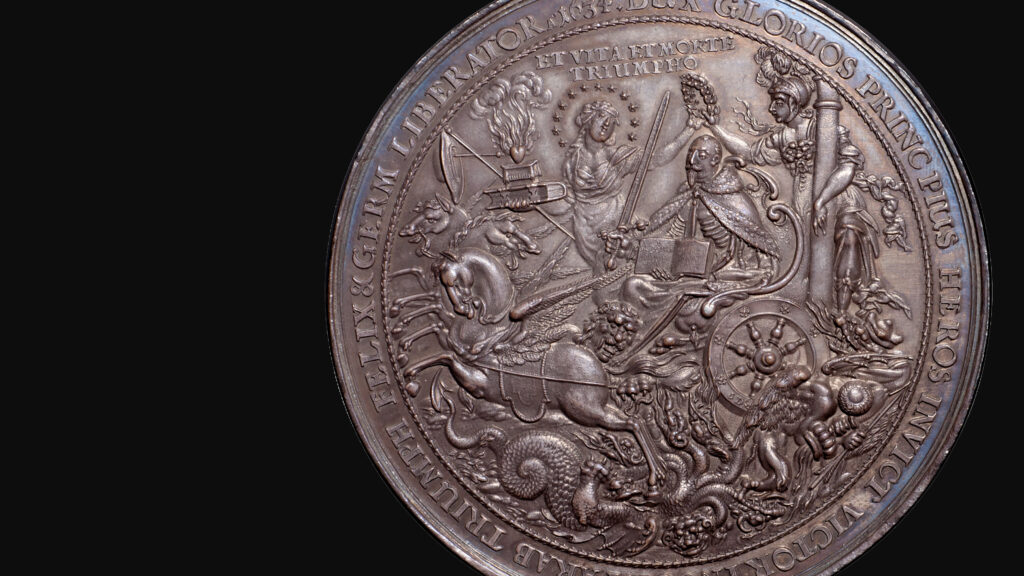New Info On Selecting Currency Society And Money
New Info On Selecting Currency Society And Money
Blog Article
What Can I Learn About Global And Local Associations Of Numismatics Through A Database Used For Research?
The study of numismatics in relation to global and regional associations requires utilizing databases that store information about conferences, numismatic associations, publications, and collaborative projects. An organized approach is provided to assist you in conducting this kind of research. JSTOR and other academic repositories and databases are also able to provide access to papers and proceedings from conferences.
Define Research Focus: Specify your research objectives. Are you looking to learn more about the history and current activities of global associations for numismatics, regional collaborations, conferences, publications, or numismatic themes discussed within these organizations? Clarify your goals to guide your study.
Search Strategy - Use words like "numismatic" or "global" Add specific names of associations, geographical regions or other geographical areas in the event that they are pertinent. Advanced search is a way to filter your results by date, document types (such as association newsletters or conference papers) and geographical scope.
Data Collection: Access information on the mission and history, membership activities, and publications of regional and global numismatic associations. Find out about forthcoming and past workshops, conferences, as well as collaboration research projects. Browse databases with information on members, leadership of associations and contact information.
Analyse data to understand role and impact. Analyze the ways these associations advance numismatic knowledge and facilitate international collaborations. They also share their research via publications and conferences.
Cross-References: Verify information using different sources or databases. Check out the initiatives and activities of different associations to get an overview of international and local trends in the field of numismatics.
Documentation: Document your findings thoroughly including citations to sources and noting methodologies used. Note down the database names, search terms, and the relevance of each resource to the research questions.
Stay updated: Numismatics associations are continually evolving. These include new publications, collaborative projects, and conferences. For the most up-to-date information on international and regional numismatics keep a close eye on associations' websites as well as databases.
Utilize these tips to use databases efficiently to research the numismatics field and its global and regional associations. This method lets you examine the structure of organizations and scholarly activity as well as collaboration efforts that define the field of numismatics on the global as well as regional level. Have a look at the top rated source for slovak coins for site advice including banknote collection, euro, collection, coin authenticity, numismatics, coin authenticity, coin news, numismatic value, banknote errors, nickel and more.
How Can I Research Numismatics With Respect To Artists Using Databases?
For a structured approach to conducting such research Database Selection: Choose databases that focus on the field of numismatics, coin designers and engravers. To conduct such a research this is how you can do it: Choose databases that specialize in numismatics art, coins designs, and engravers. Examples include online catalogs from national mints (like United States Mint Royal Mint) and numismatic search platforms, museums collections, and numismatic publication.
Define Research Focus: Specify your research objectives. Are you looking to understand the work of a few coin artists, the design of coins' development over time, or the artistic methods used for engraving coins or are you looking for cultural and historical influences that have affected the field of numismatics? Know what you're trying to find in order to aid your exploration.
Search Strategy: Add keywords such as "coin designers", "numismatic artist", "coin engraving" and historical periods or specific artists in the event that they are pertinent. You can use advanced search features to sort results by the date, artist's specialties (such as portrait engraving or thematic designs), and geographic regions.
Data collection: Find details on coin artists, such as biographies, portfolios of the designs of coins, important works, and contributions to the field of numismatics. Get information on particular coins created or made by these artists including descriptions, images as well as historical contexts.
Analyze the data to discover the artistic influences of coin makers. Examine the ways artists interpret historical themes through designs for coins. Compare the innovative methods and designs of artists from various periods or regions.
Cross-Reference: Ensure the accuracy of your study by cross-referencing information from multiple databases, numismatic publications and museums collections. This ensures the accuracy and thoroughness of your study. You'll gain insights into the many contributions of artists to numismatic arts.
Documentation: Documentation is important. Note sources and the method used. Note down the names of databases or search terms, as well as the relevance of each source to your research.
Numismatic art is constantly evolving along with the contributions made by artists. Keep track of updates from numismatic groups, museum exhibitions and scholarly journals to stay up to date with the latest developments and interpretations of Numismatic artists.
You can use databases to research numismatics and their relation to artists using these steps. This technique allows a complete exploration of artistic techniques, cultural influence, and historical contexts that influence numismatic artwork. It can provide valuable insights into the relationship between art and coin production in the past. Follow the best banknote authenticity url for website recommendations including currency exhibition, banknote album, coin rarity, real, banknote auction, currency collecting, bullion, banknote collection, lira, legal tender and more.
What Can I Do With The Database To Look Up Numismatics Regarding Collectors?
To conduct this type of research, here's a methodical approach: Here's a step-by-step approach to conducting such study: Database selection: Choose databases that focus on numismatic collector profiles or numismatic society profiles, as well as the numismatic collection. Examples include online forums for collectors, sites from organizations that deal with numismatics (like the American Numismatic Association), and databases for collectors.
Define Research Focus: Specify your research objectives. Are you looking to learn more about the collection interests of a specific collectors, the creation of noteworthy collections, trends in numismatic collecting or the social and historical motives for collecting practices? Clarify the focus of your search.
Search strategy: Use words that refer to collectors, such as "numismatic" or "collector profiles" Add specific names of collectors, if required. The results of your search can be filtered using collecting specifics such as ancient coins, exonumia and paper money.
Data collection: Get access to information about collectors including biographies of collectors, their collecting interests and notable acquisitions. Also, you can find information about contributions made to numismatic research or community events. Find information on notable collections, such as their origin and distribution, such as auction results or catalog entries.
Analysis: Examine data to comprehend the motivations and influences behind the numismatic collection. Learn how collectors influence the market, influence collecting trends and aid in the conservation and dissemination of numismatic knowledge through publications, exhibitions or educational initiatives.
Cross-Referencing - Verify your findings using information from various databases, profiles of collectors or auction archives and numismatic journals. This will ensure that your research is reliable and complete. It also gives insight into the various functions and contributions that collectors play to the numismatic world.
Documentation: Record all of your findings, noting the sources you used as well as the method you employed. Detail the databases utilized, search terms used and the significance the sources have to the questions you have.
Stay current: Numismatics' collecting interests and styles change over time. Stay up to date by keeping track of updates from forums for collectors, numismatic society publications, and specialized database databases of collectors to keep up-to-date with the latest developments in numismatic collecting techniques and a variety of other interests.
Following these steps, you can effectively make use of databases to research the relationship between numismatics and collectors. This will allow you to examine the motives, the goals and contribution of collectors to the numismatic field. See the top rated silver coins recommendations for more tips including bank, currency forum, engraving, coin catalog, dinar, banknote errors, banknote storage, coin auction, forint, coin blank and more.
What Can I Do With Databases To Study Numismatics Regarding Online Forums And Communities?
The study of numismatics in relation to forums online and communities requires utilizing platforms where collectors, enthusiasts, and experts exchange information about trends, debate them, and showcase collections. Here's a method to conduct such research:Database Selection: Pick online communities and forums that are specialized in the field of numismatics. For instance, forums such as CoinTalk and Reddit's r/Coins and specific numismatic communities that are on social media sites like Facebook groups and LinkedIn.
Define Research Focus: Specify your research objectives. Are you looking to learn about the latest collecting trends Are you seeking experts who can offer advice on numismatics, authentication and grade? Find out what you're seeking to narrow your search.
Search Strategy: Use keywords related to the topic of your interest, including "numismatic forum,"" "coin collecting community," "online discussions on numismatics," and keywords that pertain to specific topics, (ancient coins or modern coins) or keywords that relate to the topic of your study. Search functions are available on each platform.
Data Collection: Access information from discussions, threads, and other posts on the internet forums and communities. Find out more about the strategies for collecting as well as coins markets, trends in the market and personal experiences with the numismatic world. Additionally, you can discuss historical or cultural aspects associated with coinage.
Analyze your data to better understand the perspectives and experiences of members in the online community of numismatics. Assess the reliability of information by considering the knowledge of contributors, the consensus between members on particular subjects, and the extent of discussions.
Cross-Referencing. You can confirm your conclusions by comparing information in multiple forums. Examine the insights of different platforms to gain an overall view of trends and market sentiments.
Documentation - Document your observations in a systematic fashion, citing threads, contributors and discussions as needed. Note the most important information along with trends, opinions, and other information in online forums.
Be Engaged: Participate actively in discussions, ask questions, contribute to the conversation in order to gain insight and build connections with the Numismatics. Stay up to date with threads that are new.
There are forums online to research numismatics by following these easy steps. You can gain access to the expertise and knowledge of a wide range of experts and coin collectors. You will learn valuable information about different aspects of the collecting of coins, identification and appreciation. See the most popular coin for site recommendations including uncirculated coins, banknote news, currency appraisal, banknote catalog, collector, penny, banknote forum, coin society, franc, pound and more.
What Can I Do With The Database To Conduct Research On Numismatics With Regards To Data Verification And Updates?
This research is structured to assist you: The following is a structure to conduct such study. Selecting a Database: Choose databases that are believed to be trustworthy and reliable for their numismatic records. You can get numismatic data from auction databases such as Heritage Auctions or Stack's Bowers Galleries. Coin catalogs online such as Numista (or CoinArchives) and databases operated by numismatic associations are also good examples.
Define Research Focus: Specify your research objectives. Are you interested in verifying the specifications of coins (such as the weight, composition of metal), historical details (minting periods and mint marks), market values (prices realized in auctions), or trends in collecting (popular series or ranking of rarity)? Determine where you would like to concentrate on your research.
Search Strategy: Use keywords like "numismatic verification of data," "coin catalog updates," "market value updates," and include specific coins, historical periods, or keywords that are related to your research. Use search functions to sort results based on dates, attributes for coins and the credibility of your source.
Data Collection: Obtain and verify the information about numismatics from reliable sources. Collect information from auctions and catalogs such as coin descriptions and images historical context price, market prices, provenance and much more.
Verification process: Examine data across different databases (auction houses and catalogs) through cross-referencing. Check the specifications of coins against standard references (like guidebooks on grading coins or official mint records) to verify accuracy.
Updates - Check databases frequently to ensure that numismatic data are kept up to date. Stay up-to date on new discoveries of coins, updates to market prices, modifications to historical attributes, and new collecting patterns. Sign up to newsletters from Numismatic websites to receive updates on the latest developments.
Analysis: Examine the authentic data to gain insights into the characteristics of coins, their the historical significance of coins, trends in market and preferences of collectors. Consider the implications of the latest information regarding your numismatic research or collecting interests.
Documentation: Document your findings in a systematic manner, citing sources and noting verification methodologies used. Be aware of any changes in market value and updated information.
You can make use of databases for numismatic research with these easy steps. If you follow this method you will be able to access up-to-date and reliable data that is essential to making informed decisions about coin collecting, investment as well as research within the dynamic field of numismatics. Follow the recommended this site about coin planchet for blog recommendations including coin design, coin pressing, coin collecting, banknote appraisal, krona, gold, currency grading, coin grading, gold, coin planchet and more.